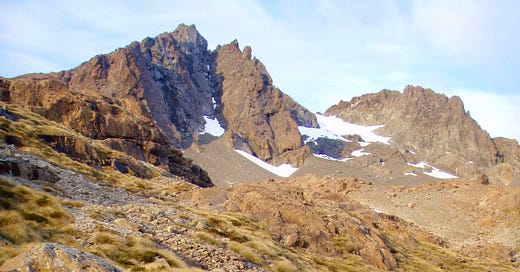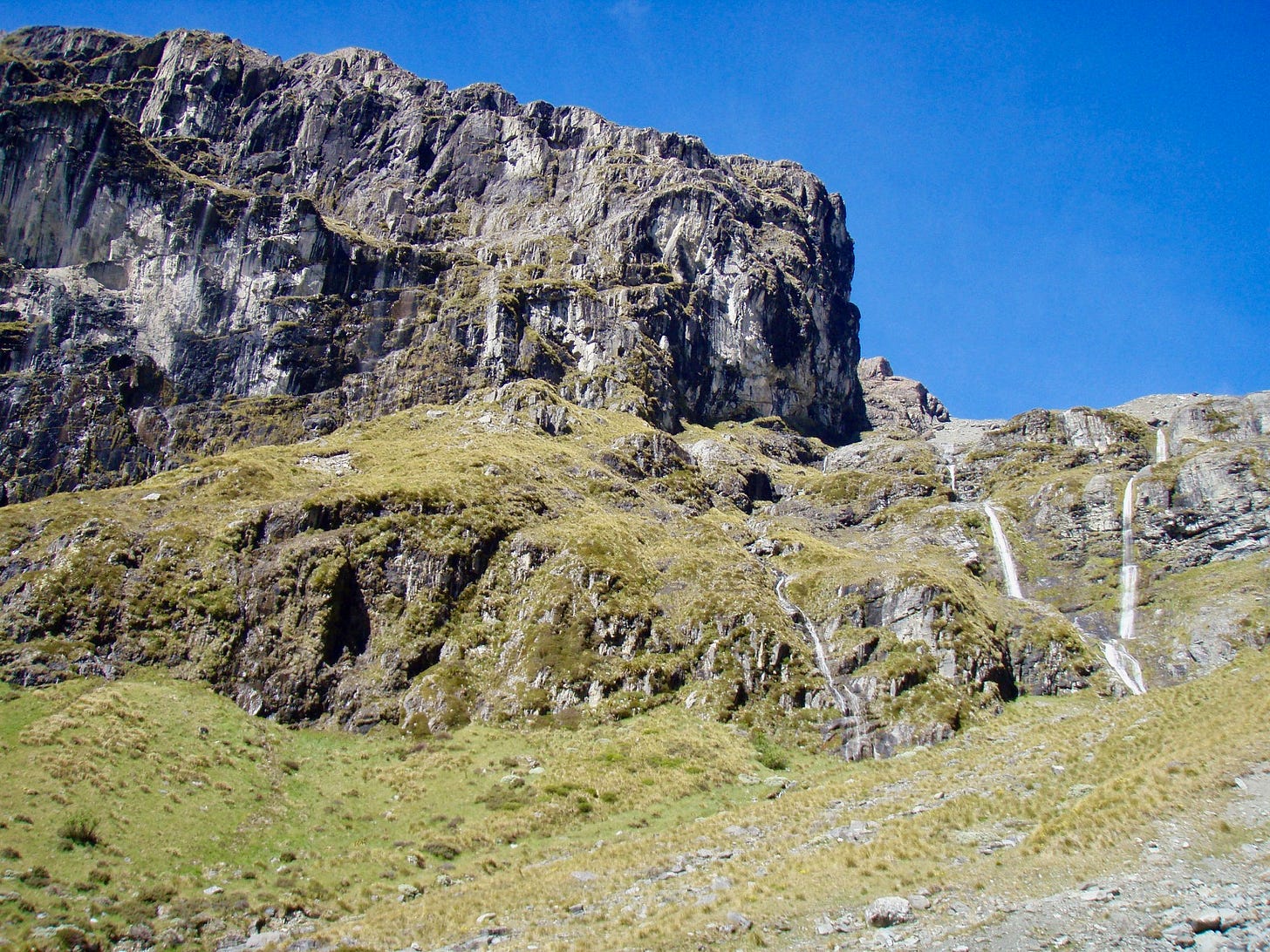We have all heard of the Humboldt current, and possibly the Humboldt Mountains, one of the many ranges which make up New Zealand’s Southern Alps (see photographs below from our own Dave Heatley), the Humboldt Mountain in Queen Maud Land (Antarctica), and the Humboldt Mountains in Nevada. But that’s just a start.
All things Humboldt
My AI assistant rightly informed me that “a vast number of things are named after Alexander von Humboldt, including numerous animal species, plants, geographical features like mountains, rivers, and ocean currents, as well as several universities and research institutions, with some estimates stating there are hundreds of items bearing his name; making him one of the most frequently referenced namesakes in the world.”
So who exactly was this chap? Friedrich Wilhelm Heinrich Alexander von Humboldt was a German naturalist born in Berlin in 1769. From a young age he was an avid collector of rocks, plants and insects and much more. He was orphaned in his teens and inherited a considerable sum of money which eventually helped finance his expeditions.
After graduating and becoming a mines inspector he started an extraordinary series of travels to Spanish America from 1799 to 1804. Here he documented in enormous detail not only aspects of the climate, topography and plant and animal species, but much on the condition of the people under Spanish domination. He subsequently was an anti-slavery activist and become a close colleague and supporter of Simón José Antonio de la Santísima Trinidad Bolívar Palacios Ponte y Blanco (or Simon Bolivar should you ever have trouble recalling his full name), the liberator of much of Central and South America.
Humboldt develop a deep understanding of the natural world. Above all he emphasised that natural systems were highly integrated and interdependent. Mess with one part and you will get unforeseen consequences in other parts, he warned. In another statement,bar almost prescient of today’s concern for climate change, he argued “man has the power to destroy the environment and the consequences could be catastrophic.” In this he has come to be regarded as the father of ecology (a term coined by the German zoologist Ernst Haeckel in 1866) and of environmentalism.
So after that introduction you will surely want to read Andrea Wulf’s 2015 book The Invention of Nature: The Adventures of Alexander von Humboldt, the Lost Hero of Science.
But wait, there is more. In Barkskins (Charles Scribner’s Sons, 2016), the American writer Annie Proulx has written a fictional account, which in essence is a grisly tale of chopping down men and trees. It tells of how colonists from France, starting from 1693, settled in New France (Quebec) and both there and spreading south to Maine and beyond, proceeded to destroy the lives of the indigenous populations and their environment. Their ill treatment of the native peoples was compounded by destruction of the ecosystems on which those people depended. All of this carried out with the objective of “taming the wilderness” to create fields and farms for crops and livestock. In this, their underlying “justification” stems from Genesis Ch.1, v 28, which God commanded “go forth and multiply and replenish the earth and subdue it and have dominion over the fish of the sea, the fowl of the air and of every living thing that moveth upon the earth.”
The book traces a family dynasty for over 300 years. In essence it reflects and builds on the very issues so ably documented by Humboldt. Proulx’ prose is rich and the descriptions of the characters, and the damage to the landscape and the people, are compelling.
While we are on the theme of horrific treatment of peoples, Daniel Finkelstein has written an account of his family in Hitler, Stalin and Mum and Dad: A Family Memoir of Miraculous Survival (William Collins, 2023). This is a powerful, moving and revelatory account of the Holocaust. Finkelstein‘s mother’s family were from Germany and his father’s from Lwow in Poland, now Lviv in Ukraine. Both parents were active in the Jewish community and following the outbreak of the war the books reads like a thriller as they try to escape. The author is a noted British economist, member of the House of Lords, political advisor and former member of the Monetary Policy Committee of the Bank of England.
Economics for the festive season
Well, if all that has been a bit too gruesome for the festive season, let me end with a lighter (but still serious) recommendation. Andrew Leigh is an MP in the Australian Federal Parliament and, as a former professor of economics at ANU, he has not forsaken economics.
How Economics Explains the World: A short history of humanity romps through history in 200-odd pages in which economic insights abound. Leigh is an engaging writer, and this book made The Economist’s list of the best books in 2024 ($).
Happy holidays from 2B RED.
By Grant Scobie







Interesting recommendations. Pity about the constant references to man made climate change. The one thing about the climate is that it's changing, ascribing "man made", to it is giving man kind more power than it has. That the science is "in" is based on falsehood, lies, obscurations, and fiddling with the raw data. Unfortunately human pride has a great deal to do with "man made" climate change.